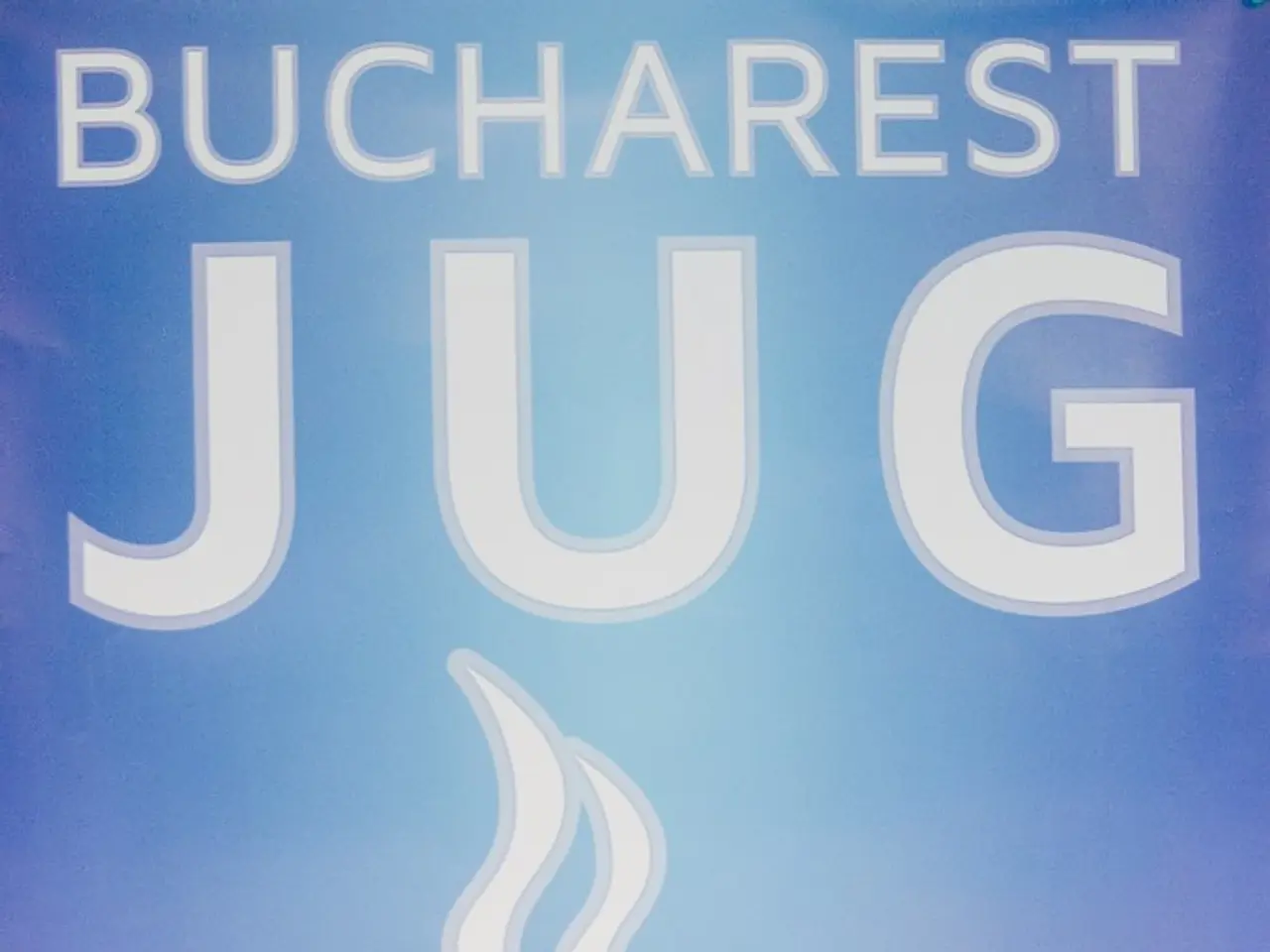Historic descent of Bayer shares persists, potentially leading to further descents
=====================================================================
Bayer, a prominent DAX company based in Germany, has been experiencing a significant sell-off in its stock prices. The company's inability to complete a bottom formation above 30 euros has been a key factor in this downturn [1].
The historic decline, primarily driven by litigation charges and restructuring costs, has pushed Bayer's stock to a new record low of 24.43 euros this week, its lowest level since 2005 [1]. The litigation charges, particularly related to glyphosate lawsuits with provisions reaching €7.4 billion, and the restructuring costs tied to a major cost-cutting program eliminating 12,000 jobs and targeting €2 billion annual savings by 2026, have heavily impacted the company's financial performance [1].
The restructuring has had uneven effects on Bayer's divisions. While the Crop Science EBITDA has improved by over 30%, the Pharmaceutical EBITDA has fallen by over 17% [1]. These factors have depressed valuations, reflected in a notably negative P/E ratio of -8.86 [1].
The decline in Bayer's stock price has continued to historic proportions, with a potential downside of 18.5% if the price falls to the psychologically important level of 20 euros [2]. If the falling price of Bayer stock encounters resistance at this level, it may indicate a potential change in the downward trend [3]. However, this is not guaranteed, and the current price of Bayer stock is currently below this level.
The current downward trend, negative momentum, and breach of previous lows suggest that further declines for Bayer stock are likely. The psychologically important level of 20 euros could potentially act as a resistance point for Bayer stock, influencing its price movement [3].
Despite these challenges, analyst sentiment remains mixed but generally positive. Ratings range from "hold" to "strong buy," indicating belief in the company’s turnaround capability despite near-term challenges [3]. Future predictions suggest potential recovery, contingent on successful debt reduction and progress in innovation pipelines, notably drugs like Nubeqa and Kerendia [1]. Bayer has upgraded its 2025 sales guidance to €46-48 billion and targets EBITDA of €9.7-10.2 billion in 2026, signaling a potential 30% upside in valuation if these targets are met [1].
The impacts of this decline include reduced investor confidence, evidenced by falling share prices and decreased trading volume [3]. The restructuring has uneven effects on divisions, with Crop Science EBITDA improving by over 30% but Pharmaceutical EBITDA falling by over 17% [1]. Litigation costs have constrained capital allocation and pressured profitability.
In summary, Bayer's stock decline results from high litigation charges and costly restructuring, impacting profitability and market sentiment. However, a strategic turnaround with cost cuts and innovation could drive recovery in the medium term. The psychologically important level of 20 euros could potentially act as a resistance point for Bayer stock, influencing its price movement.
Investors might reconsider their faith in Bayer's finance, considering the ongoing impacts of litigation charges and restructuring costs, which have led to a significant decline in the company's stock-market performance. Despite these challenges, potential recovery could be on the horizon if the company successfully reduces debt and progresses in innovation pipelines, such as drugs like Nubeqa and Kerendia.




